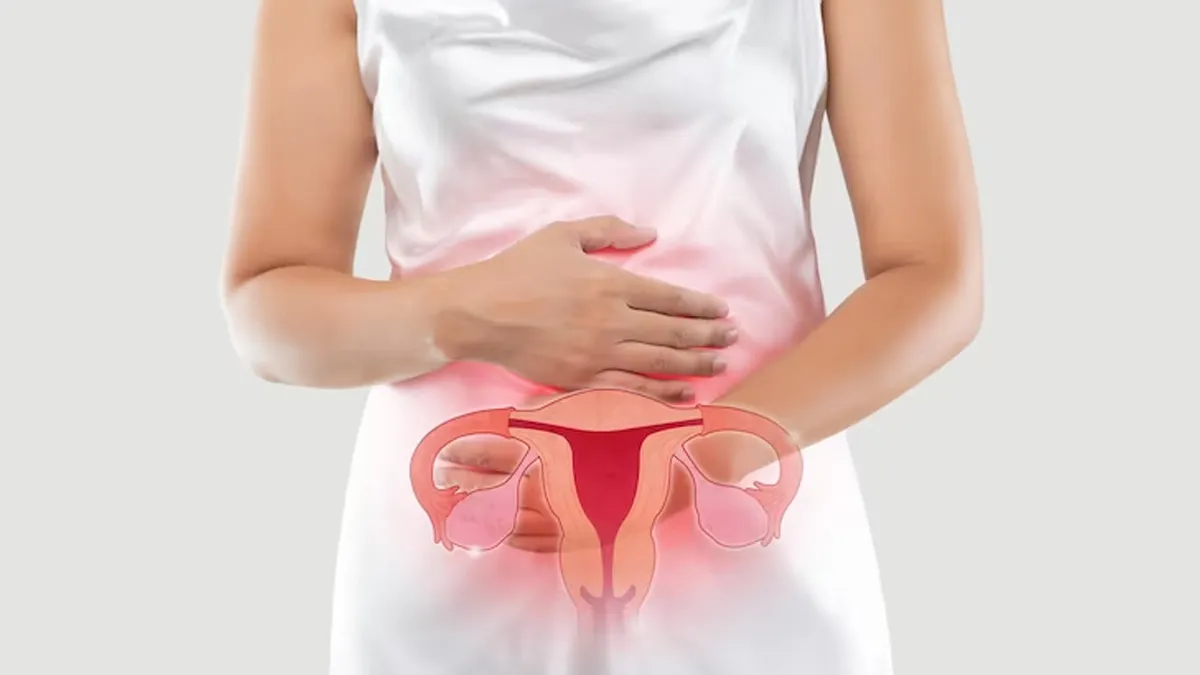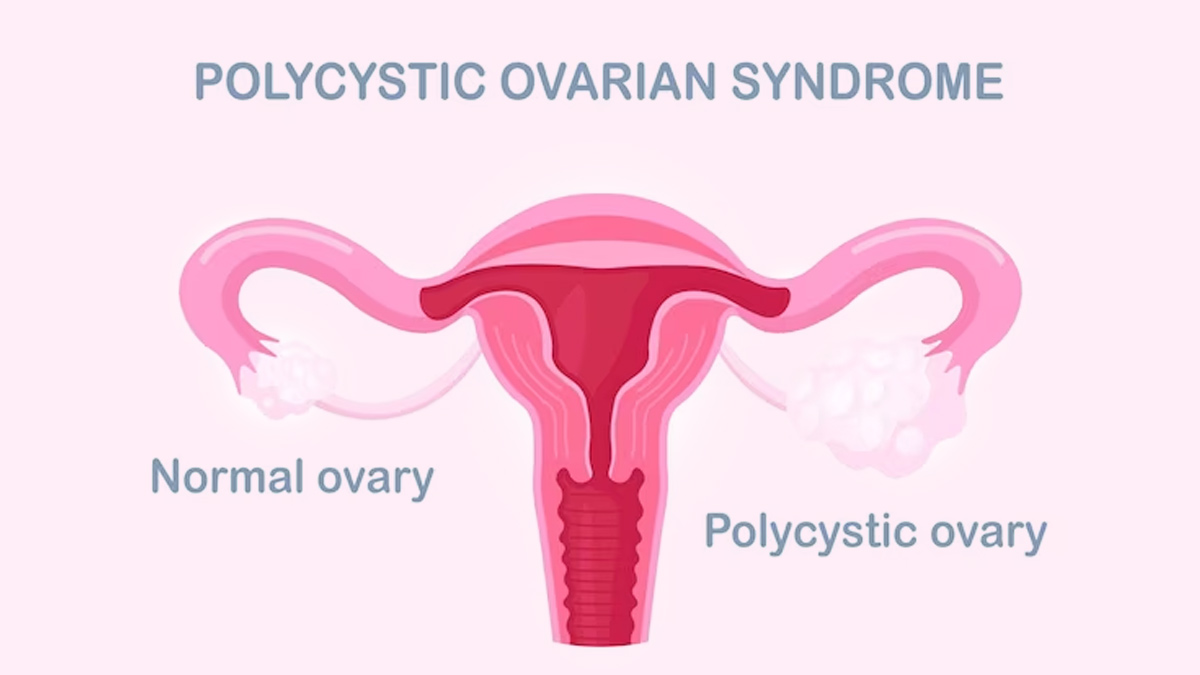
Polycystic Ovary Syndrome (PCOS) is usually linked to women of childbearing age who are having trouble getting pregnant, but that's only half the story. Although it's typical to attribute PCOS to fertility concerns prior to conception, numerous women are shocked to find that it can manifest even after they've given birth.
Table of Content:-
So, we decided to reach out to our expert, Dr Suma Varsha, IVF Specialist, Ferty9 Fertility Centre - Vijayawada, and asked her if one can actually get PCOS after pregnancy? Read ahead to know everything she shared with us.
What Is PCOS Beyond Fertility
PCOS is a hormonal disorder that impacts the way a woman's ovaries work. It's marked by irregular menstrual periods, high levels of androgen (male hormone), and cysts on the ovaries. Even though it typically gets diagnosed in childbearing-aged women, the hormonal changes during and after pregnancy sometimes cause or uncover PCOS in women who previously did not experience symptoms.
Some women develop PCOS-like symptoms after childbirth, including weight gain, acne, hair loss, or irregular menstrual cycles. These may be transient hormonal changes, but in certain women, they don't subside and signal PCOS development.
Also read: Is Your Hair Loss a Warning Sign From Your Kidneys? Find Out Here

Why PCOS Can Develop After Childbirth
“Following pregnancy, a woman's body experiences massive hormonal shifts. Oestrogen and progesterone levels fall, and insulin sensitivity may also change. In some women, particularly those with a genetic predisposition or underlying insulin resistance, these shifts can cause the balance to move in favor of PCOS,” Dr Varsha explained. Other possible factors include:
- Weight gain during the postpartum period: Additional fat tissue increases insulin resistance and androgen secretion.
- Stress and lack of sleep: New mothers tend to experience chronic stress and lack of sleep, both of which affect hormone balance.
- Metabolic imbalance: A few women might have had mild or undiagnosed PCOS prior to pregnancy, which becomes more obvious after pregnancy.
Postpartum PCOS Symptoms
If your menstrual cycle fails to normalise within several months postpartum, or you develop symptoms such as:
- Irregular or absent periods continuing after some time
- Unexplained weight gain
- Acne or oily skin
- Thin scalps or facial hair growth
- Mood swings or tiredness
Dr Varsha noted that it's worth talking to your gynaecologist, if you notice any of the above mentioned symptoms. “These may indicate that your hormones aren't leveling out properly and that PCOS may be on the way,” she highlighted.
Diagnosis and Management of Postpartum PCOS
Diagnosis of PCOS following birth requires a combination of blood work, pelvic ultrasound, and symptom review. Your physician can seek raised androgens, abnormal ovulation, or cysts seen on the ovaries.
The good news is that PCOS can be managed. “Lifestyle modification is the initial treatment of choice, which includes a healthy diet, regular exercise, and stress reduction. For new mothers, this could be attention to nutrient-dense foods, gentle postpartum exercise such as walking or yoga, and rest whenever possible,” Dr Varsha said.
Also read: 15 Health Benefits of Garlic for Immunity, Heart, and Overall Wellbeing

In other situations, physicians might offer hormonal therapy, metformin, or other medications to normalise hormones and cycle regulation.
Can PCOS Affect Future Health?
Even after giving birth, PCOS is still worthy of note since it's associated with long-term health risk factors like type 2 diabetes, high blood pressure, heart disease, and endometrial problems. Maintaining your hormones and weight in balance through regular self-care and medical monitoring can lower these risks.
Bottomline
Yes, women may get PCOS after childbirth, particularly if hormone, genetic, or metabolic issues are the culprit. Postpartum changes in hormones can reveal or exacerbate underlying imbalances, but with proper care, it's definitely doable to keep symptoms under control and long-term health in check.
Also watch this video
FAQ
1. Is pregnancy a remedy for PCOS?
No. While other women get temporary relief of symptoms during pregnancy, PCOS does not permanently vanish. It may recur or later in life show up again due to hormonal changes.2. When after birth can PCOS occur?
Symptoms can show up several months after giving birth as your body's hormones attempt to get back into balance. A persistent irregular cycle after six months should be considered.3. Will breastfeeding prevent PCOS?
Breastfeeding regulates some hormones and insulin sensitivity, which can reduce PCOS risk, but it doesn't eliminate the risk entirely.
How we keep this article up to date:
We work with experts and keep a close eye on the latest in health and wellness. Whenever there is a new research or helpful information, we update our articles with accurate and useful advice.
Current Version
Oct 11, 2025 10:55 IST
Published By : Tanya Srivastava